I spoke at a discussion, earlier this week, in a committee room of the House of Lords on topics related to Britain, Brexit and India. As i made my speech, I referred to the Indian exasperation of how our country is occasionally depicted as a land of endemic hunger and malnutrition.
David Goodhart, author of the best-selling Road to Somewhere that contributed immeasurably to our understanding of Brexit and other populist revolts in Europe, who was a commentator on the occasion, argued that the Oxfam poster analogy was dated. That view of India, which certainly held sway until the 1970s and which often propelled feelings of compassion, condescension and contempt — sometimes all rolled in one — is, he argued, now history. It has been replaced by the widespread appreciation of the British Asian success story, particularly the success of the Gujarati immigrants to the United Kingdom from East Africa. To add to that was the success of Indian companies, including IT companies, that, together, are said to be creating employment that benefits some 1.3 lakh people. I could even have added the contribution of Indian visitors to the UK, including high-spending tourists, that are said to number nearly five lakhs each year. More would have come had the visa fees not been so exorbitant.
Certainly there is much to be said for the success story of peoples of Indian origin in the UK. When I first came to London in 1975, among the first sights that greeted you was the elderly Punjabi women cleaning the toilets in Heathrow airport. There were, of course, a significant number of Indian doctors in the National Health and the Gujaratis — almost invariably Patels — that ran the corner shops and newsagents, but they were often subsumed, at the level of perception, by the factory workers in the Midlands and London. The Indian community in those days was relatively poor and objects of social disdain. They were also easy targets of racially-motivated attacks.
In 2018, it is a different story. The children of the corner shop owners are now professionals — mainly lawyers, accountants and techies — having secured degrees from Redbrick universities. Many have become mid-sized businessmen and others work in the financial sector in the city of London. There are also a sprinkling of Indian Asians in politics, many of them elected from constituencies where White Britons are in an overwhelming majority. Culturally, Indian Asians are distinct but this distinctiveness hasn’t created tensions. They are seen to be making valuable contributions to the British economy and they are also seen to be extremely hard-working and enterprising. Most important, the Indian Asians are seen to be law abiding, unlike those that trace their origins to Pakistan and Bangladesh.
However, it is also fact that the successes of the Indian Asians, whether from Punjab, Gujarat or East Africa, haven’t quite succeeded in denting official perceptions of the Indian passport. In the past year, holders of Chinese passports have had their visa fees made more cost effective. The same facility wasn’t extended to Indian passport holders, despite the claim that the UK and India are experiencing an “enhanced partnership.”
The reasons have everything to do with what the UK claims is the presence of nearly one lakh illegal immigrants in the UK. These are mainly people who entered the UK on short-term visitor visas, then simply tore up their passports and disappeared into the crowd. The UK insists India should take these people back. In theory, India doesn’t disagree with the principle that Indian citizens who have been expelled from the UK, for whatever reasons, should be returned home. India and UK also have a treaty of extradition — an agreement that is giving the likes of Vijay Mallya sleepless nights.
To be able to deport an illegal immigrant of Indian origin, the British authorities have to prove that the culprit was the holder of an Indian passport. This, however, isn’t possible unless the Indian authorities confirm this is indeed so. Unfortunately — or so Whitehall claims — the Indian authorities lack any sense of urgency and have demonstrated laxity and indifference. Those familiar with India’s local police networks — the ones who will have to provide the verification — will understand the UK’s exasperation. Moreover, it is hellishly difficult to trace pre-biometric passports, especially if some crucial details such as father’s name or village address turn out to be a little different from the ones given in the passport. The British wanted all enquiries to adhere to a timeline. Initially North Block agreed and an agreement was initialled but the Government then had second thoughts and the agreement wasn’t finalised and signed during Prime Minister Narendra Modi’s visit for the Commonwealth Summit last April.
Both sides have conflicting versions of why things went wrong. Reassuringly, however, both sides are agreed that an agreement is still possible. For India’s sake I hope it is. This is not because the UK is in any ways a top dog but that India should always signal its respect for national laws, on a strictly reciprocal basis. Once governments across the world but particularly in the European Union, the US, Canada, Singapore, the Gulf and Australia — areas that have large concentrations of Indian workers — are persuaded that New Delhi takes ultimate responsibility for its citizens, life will become much easier for the genuine Indian entrepreneur, professional, student and tourist.
At present, there is a mismatch between India’s worth as a rising economic power and an Indian passport. In the past four years the gap has narrowed thanks to the proactive, citizen-friendly initiatives of External Affairs Minister Sushma Swaraj, but much more will have to be done before the Indian passport gets the full respect it deserves.
Writer: Swapan Dasgupta
Courtesy: The Pioneer







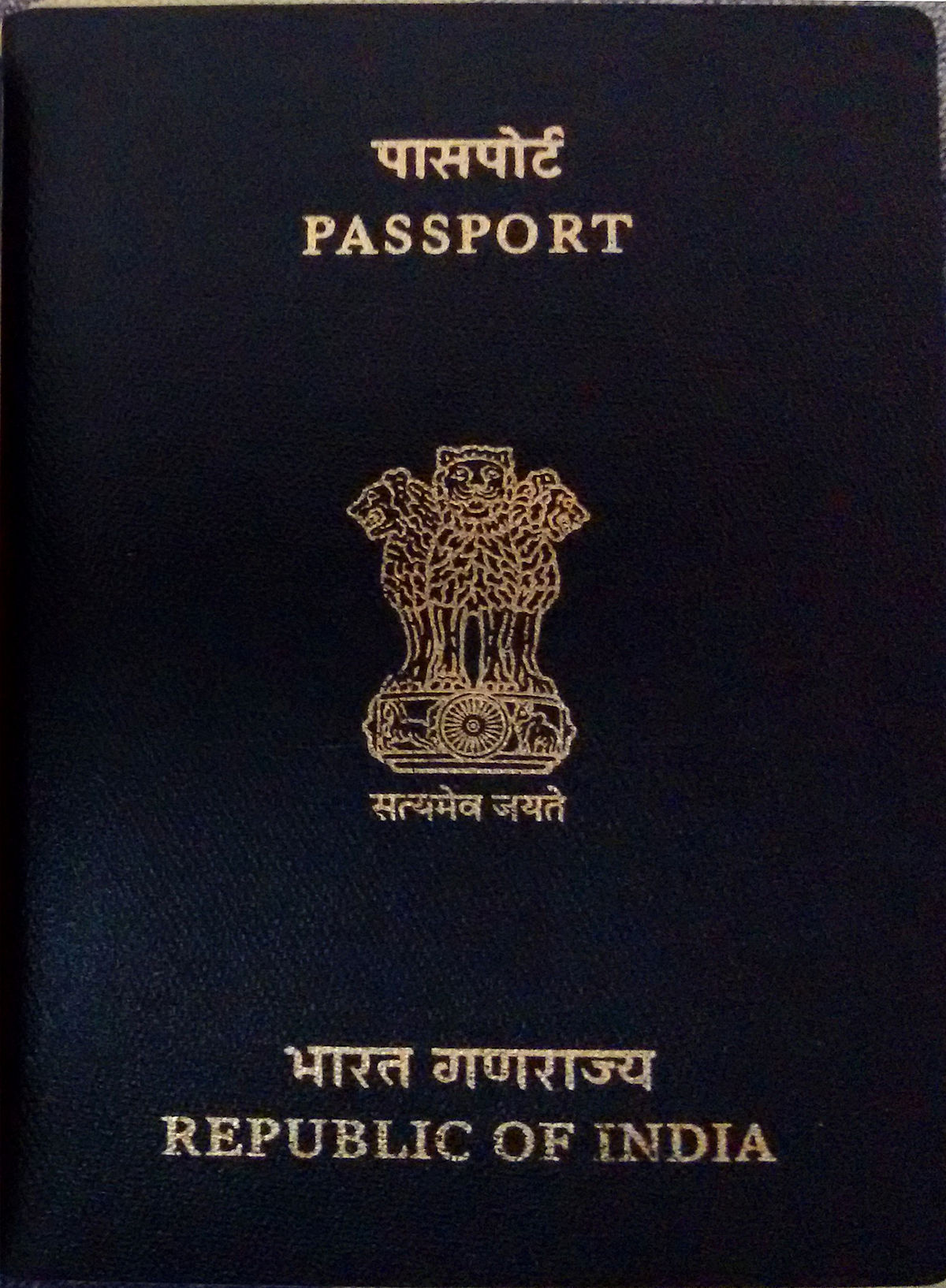
 OpinionExpress.In
OpinionExpress.In
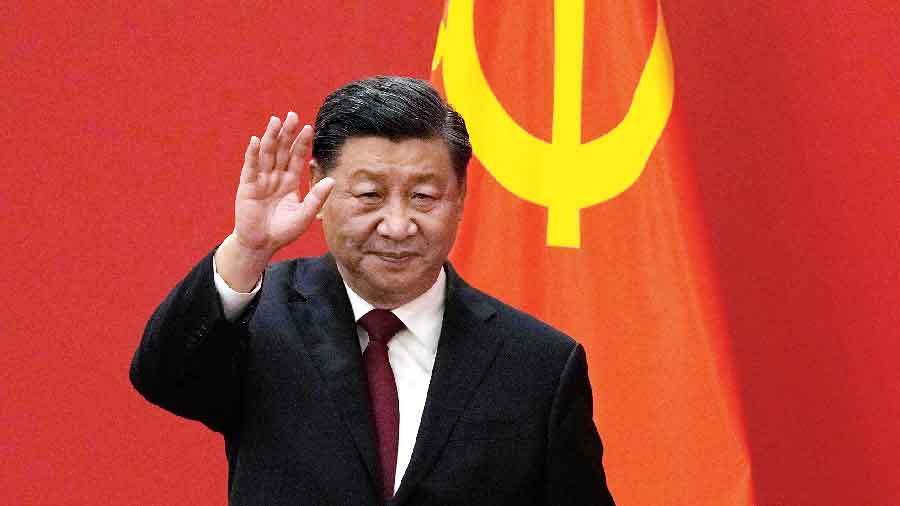

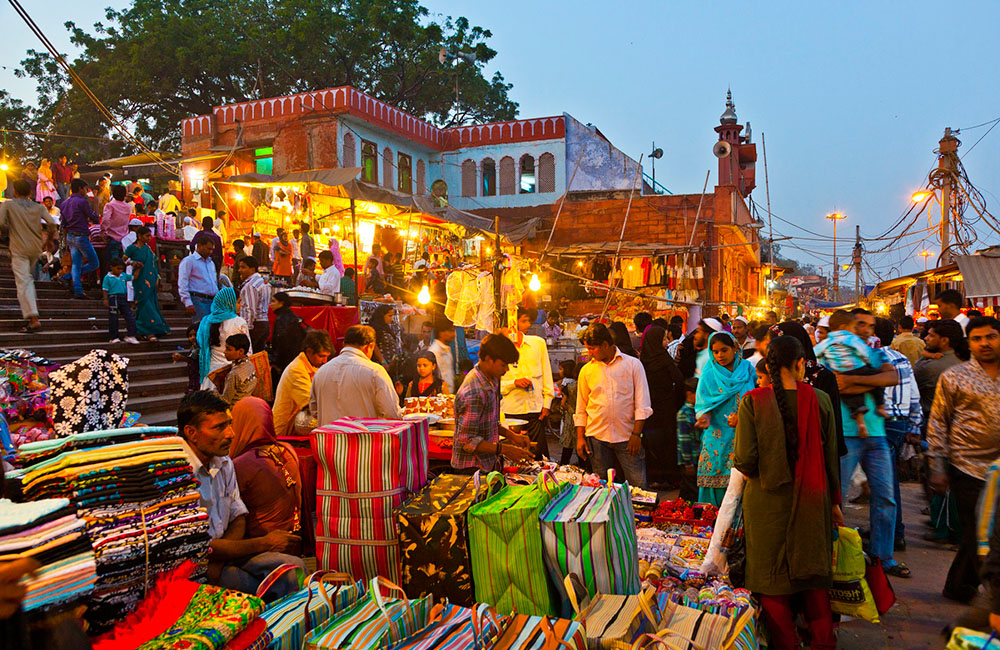
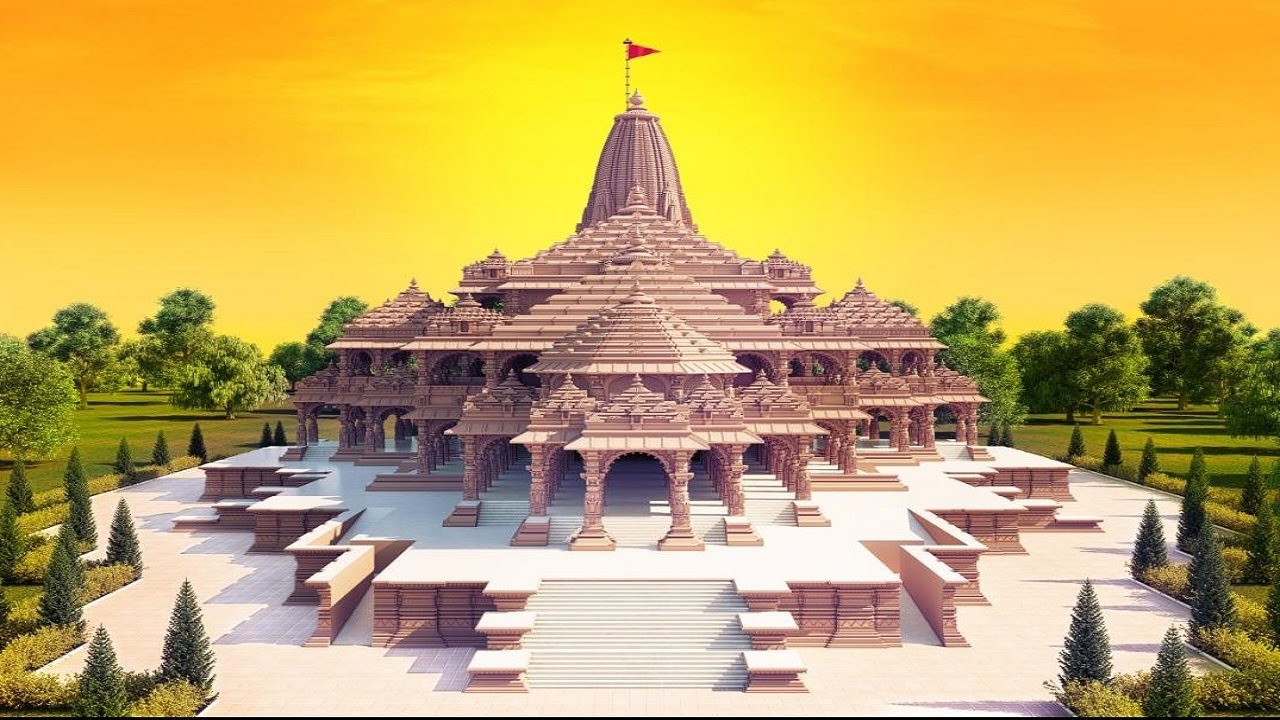
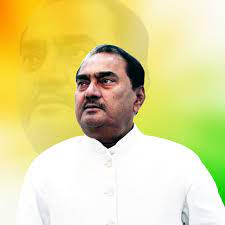
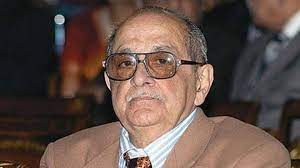
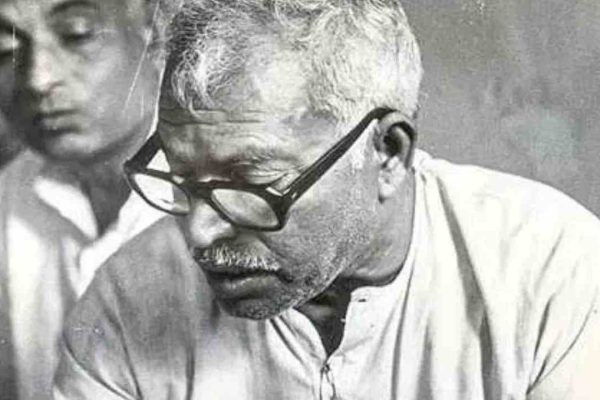
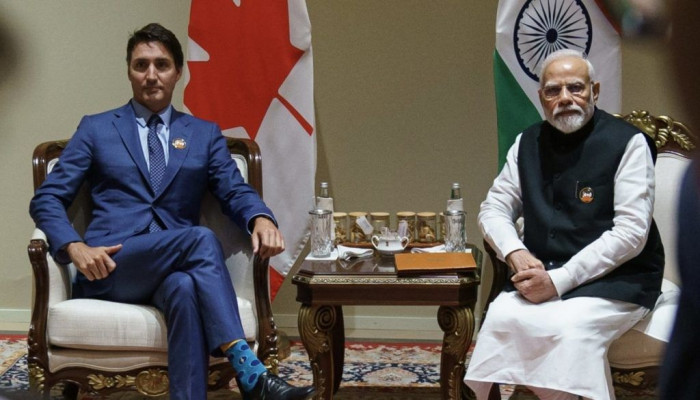
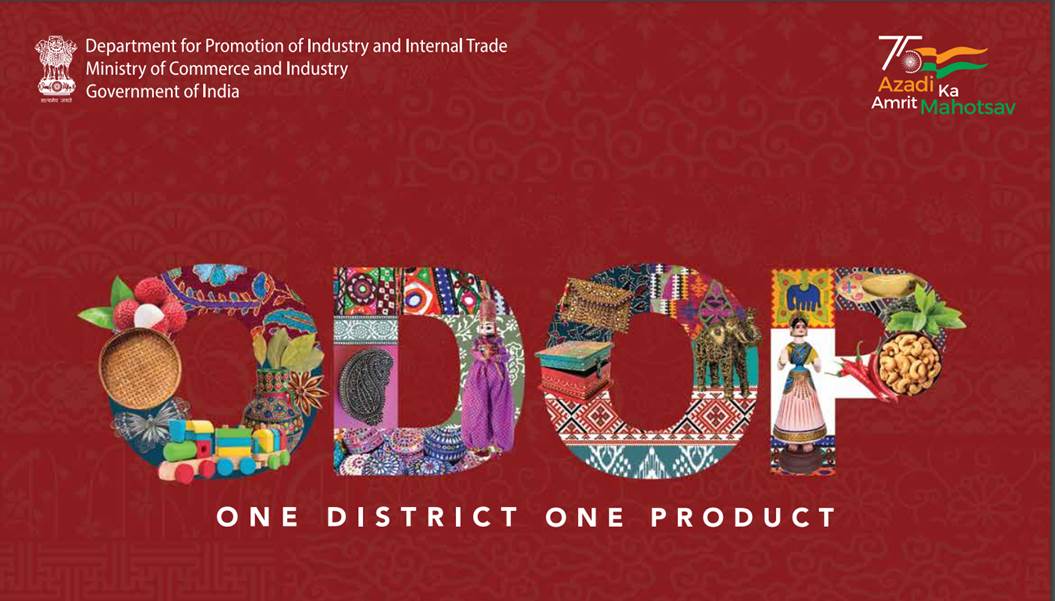






Comments (0)